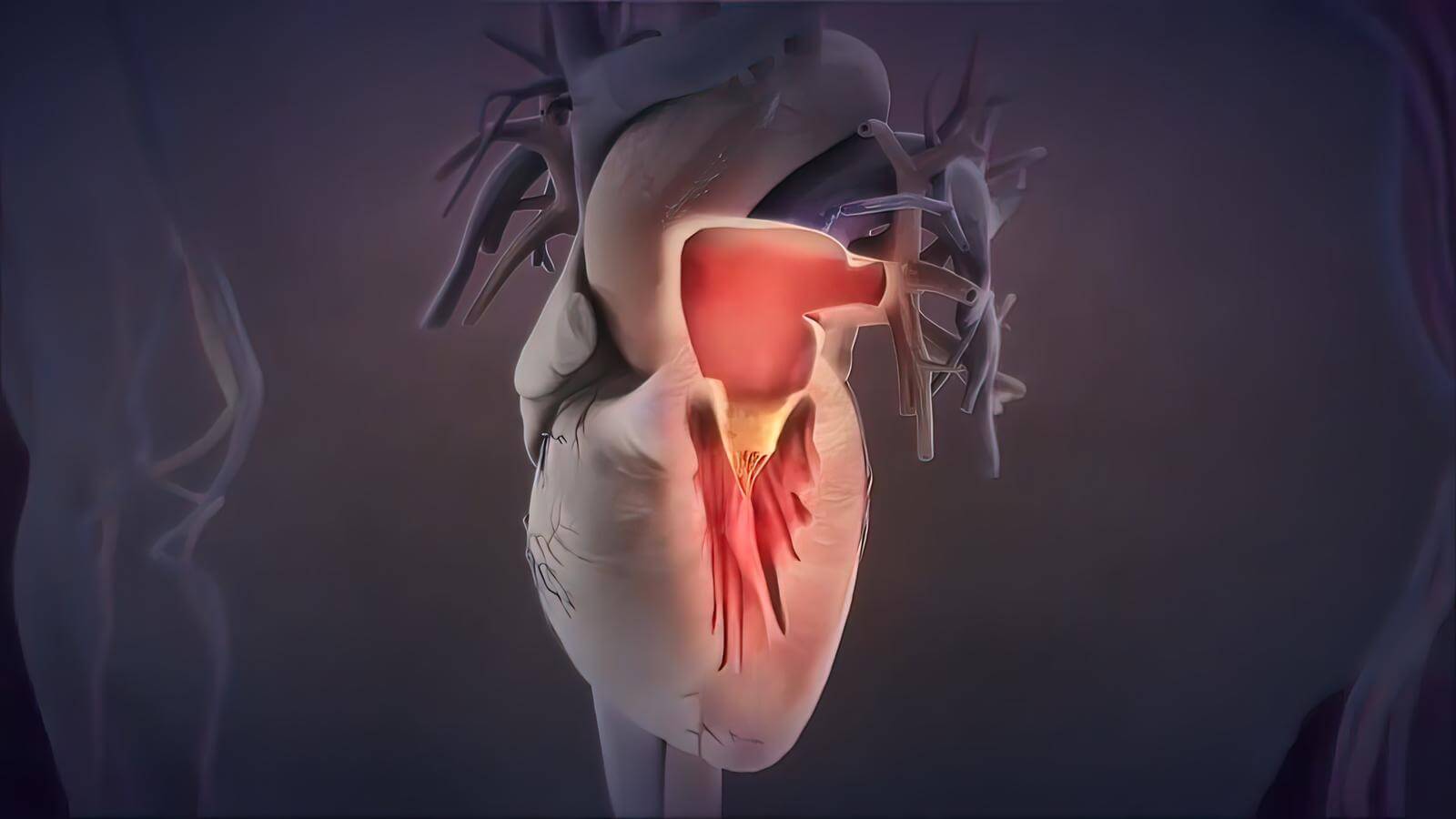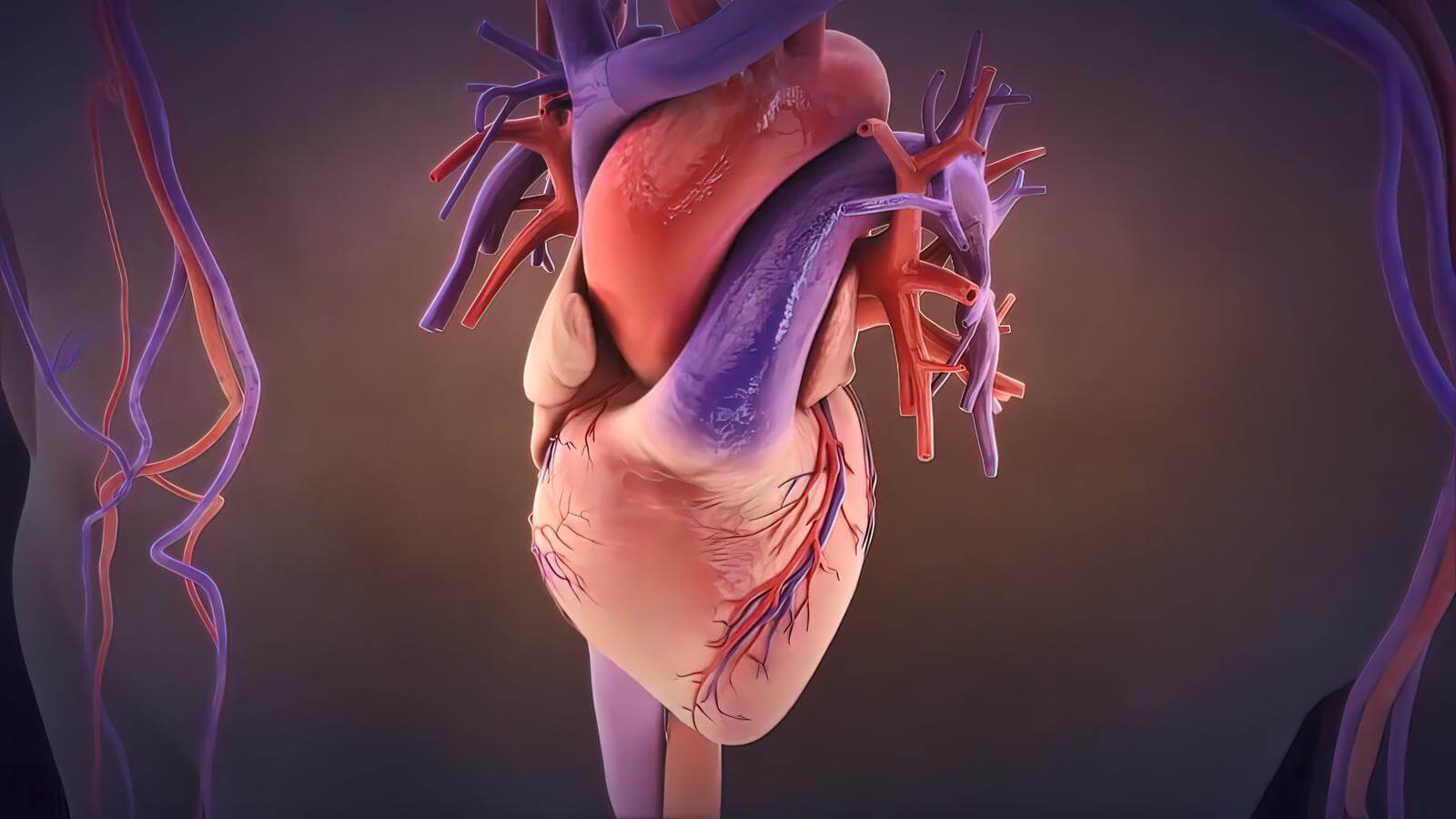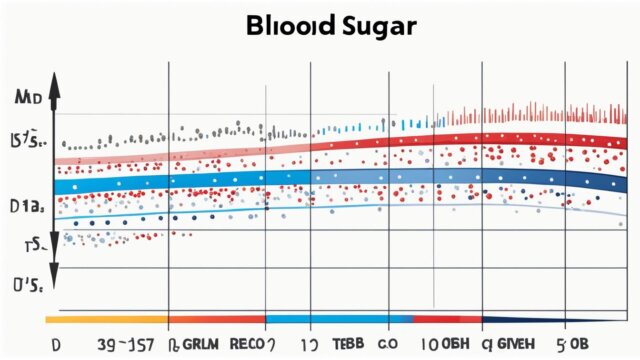FTC disclaimer: This post may contains affiliate links and we will be compensated if you click on a link and make a purchase.
Did you know that inflammation plays a role in heart disease? It does! Inflammation has been linked with many diseases, including cancer, diabetes, arthritis, Alzheimer’s, Parkinson’s, multiple sclerosis, and even depression.
There are two types of inflammation: acute and chronic. We should worry about chronic inflammation because it causes damage over time. This includes heart disease, stroke, dementia, and cancer.
There are many reasons why inflammation may play a role in heart disease. For example, chronic inflammation may cause plaque buildup in arteries, leading to atherosclerosis.
It also may contribute to high blood pressure and diabetes. And finally, it may increase the risk of thrombosis, which is the formation of clots within the bloodstream.
You should read this article if you’ve never heard of inflammation. It will explain everything you need to know about inflammation and how it affects your heart.
Inflammation and Heart Disease: Does inflammation cause heart disease?

Inflammation has been identified as important in coronary artery disease (atherosclerosis) development and progression.
Coronary inflammation leads to plaque rupture, thrombus formation, and embolization of the blood vessels within the heart. This helps to explain why people with normal cholesterol levels can still suffer from a heart attack.
Fibrinogen
The inflammatory marker fibrinogen can induce a heart attack via several mechanisms. Increased platelet aggregation, hyper-coagulation, and excessive blood thickening have all been identified as negative by-products of inflammatory-induced fibrinogen production.
A study published in the New England Journal of Medicine showed that people with high fibrinogen levels are twice as likely to suffer from a heart attack as those with normal levels.
C-Reactive Protein (CRP)
The inflammatory response also stimulates the large-scale production of another marker, C-Reactive Protein (CRP).
CRP production can increase the risk of destabilized atherosclerotic plaque and arterial clotting. Destabilized arterial plaque can burst open and block blood flow through a coronary artery.
The result is an acute heart attack. People with enhanced levels of CRP are three times as likely to have a heart attack as those with normal CRP levels.
Interleukin-6 (IL-6)
Interleukin-6 (IL-6) is a cytokine (a chemical that enables the communication between cells) secreted by T Cells and macrophages as part of the immune inflammation response to trauma.
The body makes CRP from IL-6. A recent study showed that IL-6 could, by itself, increase the risk of heart attack, even after adjustment for the elevation in CRP.
The best protection against coronary artery complications induced by inflammation markers is to naturally reduce the levels of fibrinogen, CRP, and IL-6 in the body. Vitamin K and DHEA have been shown to suppress IL-6.
What kind of inflammation causes heart disease?
We all know that inflammation is the body’s response to injury or infection, but did you know there are different types of inflammation? And did you know that some of these types of inflammation can lead to heart disease?
There are two main types of inflammation: acute and chronic.
Acute inflammation is the body’s immediate response to an injury or infection. It is characterized by redness, swelling, and pain.
Chronic inflammation, on the other hand, is a more long-term response to an injury or infection. It is characterized by a more low-grade response but can still lead to redness, swelling, and pain.
So, what kind of inflammation causes heart disease? In short, chronic inflammation.
Chronic inflammation is thought to be a major contributing factor to the development of heart disease.
When the body is in chronic inflammation, the immune system is constantly on alert, which can lead to plaque buildup in the arteries. This plaque can narrow or block the arteries, leading to a heart attack or stroke.
Many things can cause chronic inflammation, including infections, autoimmune diseases, and stress. That’s why it’s so important to do everything you can to reduce inflammation in your body.
Some simple lifestyle changes can help reduce inflammation include eating a healthy diet, exercising regularly, and managing stress.
If you suspect that you may be at risk for heart disease, it’s important to talk to your doctor so they can help you manage your risk factors.
What are the cardiac signs of inflammation?
When it comes to the heart, inflammation is one of the biggest red flags that something is wrong. The cardiac signs of inflammation are usually pretty clear and easy to spot, so if you’re worried about your heart health, it’s important to be aware of them.
The most common cardiac signs of inflammation are:
1. Chest pain or tightness: This is often the first sign that something is wrong and is usually the most noticeable. If you’re experiencing chest pain or tightness, you must see a doctor immediately.
2. Shortness of breath: This is another common symptom of heart inflammation. If you’re short of breath, you must see a doctor and get checked out.
3. Fatigue: Fatigue is a common symptom of many different conditions but can also be a sign of heart inflammation. If you’re feeling unusually tired, you must see a doctor.
4. Swelling: Swelling is often a sign of inflammation, especially in the extremities, like the legs or arms. If you’re experiencing swelling, it’s important to see a doctor.
5. irregular heartbeat: An irregular heartbeat can be a sign of heart inflammation. If you’re experiencing an irregular heartbeat, you must see a doctor.
If you’re experiencing any of these symptoms, you must see a doctor immediately. Early diagnosis and treatment of heart inflammation are important to prevent serious complications.
Can the heart recover from inflammation?
There’s no denying that inflammation can wreak havoc on the body. From causing pain and swelling to increasing the risk for chronic diseases, inflammation is a serious health concern. But many people don’t realize that inflammation can also take a toll on the heart.
Heart disease is one of the leading causes of death in the United States, and inflammation plays a major role in developing this condition. The heart has to work harder to pump blood when the body is inflamed. This can lead to plaque formation in the arteries, which can eventually cause a heart attack or stroke.
So, can the heart recover from inflammation?
The answer is yes, but it takes time and effort. Like with any other chronic condition, the key to managing inflammation is catching it early and treating it aggressively.
There are many lifestyle changes you can make to help reduce inflammation in your body, including eating a healthy diet, getting regular exercise, and managing stress.
You should also talk to your doctor about any medications you may be taking that are contributing to your inflammation.
If you have heart disease, it’s important to work with your doctor to create a treatment plan that will help reduce your risk of a heart attack or stroke. This may include lifestyle changes, medication, and, in some cases, surgery.
While inflammation can be a serious health concern, the good news is that it is possible to manage it and keep your heart healthy.
Making simple lifestyle changes and working with your doctor can keep your heart healthy and reduce your risk of a heart attack or stroke.
How long does it take to heal heart inflammation?
The heart is a muscle, and, like all muscles, it can become inflamed. When this happens, it’s called myocarditis. Myocarditis can be caused by a viral infection, bacteria, a reaction to a drug, or an autoimmune disease.
The inflammation can damage the heart muscle and interrupt its ability to pump blood. Myocarditis can be mild or severe. In mild cases, the inflammation disappears, and the heart function returns to normal. In severe cases, the inflammation can lead to heart failure.
So, how long does it take to heal heart inflammation? It depends on the inflammation’s cause and the damage’s severity.
If the myocarditis is mild and the damage is limited, the heart may heal within a few weeks. If the myocarditis is severe, the heart may not be able to recover fully, and the person may need lifelong treatment.
How do you test for heart inflammation?
If you’re concerned about heart inflammation, you may wonder how it’s diagnosed. Here’s what you need to know.
Heart inflammation is usually diagnosed with a blood test. The test looks for markers of inflammation, such as high levels of certain proteins or enzymes.
Other tests that may be used to diagnose heart inflammation include:
- An echocardiogram uses sound waves to create a detailed image of your heart.
- A cardiac MRI uses magnetic fields and radio waves to create a detailed image of your heart.
- A chest X-ray.
- A cardiac CT scan uses X-rays and computer technology to create a detailed image of your heart.
If you have heart inflammation, your doctor will likely treat it with medication. The type of medication will depend on the cause of your inflammation.
In some cases, heart inflammation goes away on its own. If your inflammation is caused by an underlying condition, such as an infection, you may also need to be treated for that condition.
The Bottom Line
Inflammation is a significant factor in the development of heart disease. While there are many different causes of inflammation, it is clear that reducing inflammation can help to prevent heart disease.
There are many ways to reduce inflammation, and more research is needed to determine the most effective approach.
However, it is clear that inflammation is a major factor in the development of heart disease and that reducing inflammation can help to prevent this condition.








